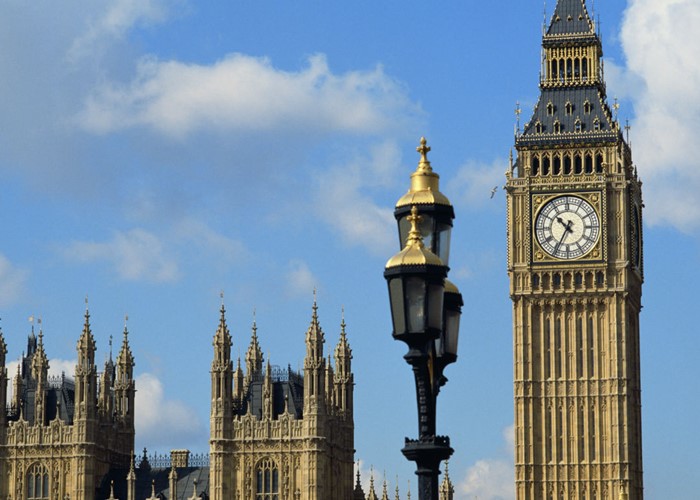HMRC names and shames second batch of deliberate tax cheats

Details of a second wave of deliberate tax defaulters have been published by the taxman.
HM Revenue & Customs (HMRC) has published a new list of deliberate tax defaulters.
The first tranche came out back in February and featured nine offenders. This time round 15 more have been named and shamed by the taxman.
What is a deliberate tax defaulter?
According to HMRC a deliberate tax defaulter is a person that has received a penalty for either:
- deliberate errors on their tax return
- deliberately failing to comply with their tax obligations
The offenders
The latest list of offenders is a mixed bag.
It features a recruitment company, a tandoori takeaway shop, construction businesses, transport companies, pubs, oil firms and painters.
The biggest single fine on the latest list was served to a labourer provider. It was ordered to pay £1,115,481.36 based on a sum of £1,991,931 that was deliberately misrepresented to the taxman between 2010 and 2012.
Elsewhere there were repeat offenders.
One owner of a kebab shop committed two counts of tax defaulting. The first incident between 2010 and 2011 landed him with a penalty of £10,304.23 and the second, which happened straight after between 2011 and 2012, cost him £11,032.06. The fine dished out represented over a half of the £42,041, which the owner deliberately tried to avoid tax on.
Why can HMRC name and shame?
HMRC was given the power to name and shame tax defaulters in the Finance Act 2009 in order to help combat tax evasion and non-compliance.
People and companies can be exposed in this way as long as:
- HMRC has conducted an investigation and the person has been charged for one or more penalties for deliberate defaults, and
- The penalties involved amount to £25,000 or more
Information won’t be published providing the person earns the maximum reduction in penalties by being completely honest about defaults from the outset.
Names can remain published for a maximum of 12 months and only once all appeal routes have been exhausted.
An updated list will be published every quarter.
What do you think?
Is this a good way to deter tax cheats and ensure everybody is paying their fair share?
Let us know your thoughts in the Comment box below.
More on tax:
How to cut your Inheritance Tax bill
We've been deceived about tax avoidance!
Watch out for these HMRC tax refund scams
HMRC crackdown on tax-dodging Southerners
HMRC Tax Credit crackdown misses target by "a mile"
What to do if you missed the self-assessment tax return deadline
Comments
Be the first to comment
Do you want to comment on this article? You need to be signed in for this feature